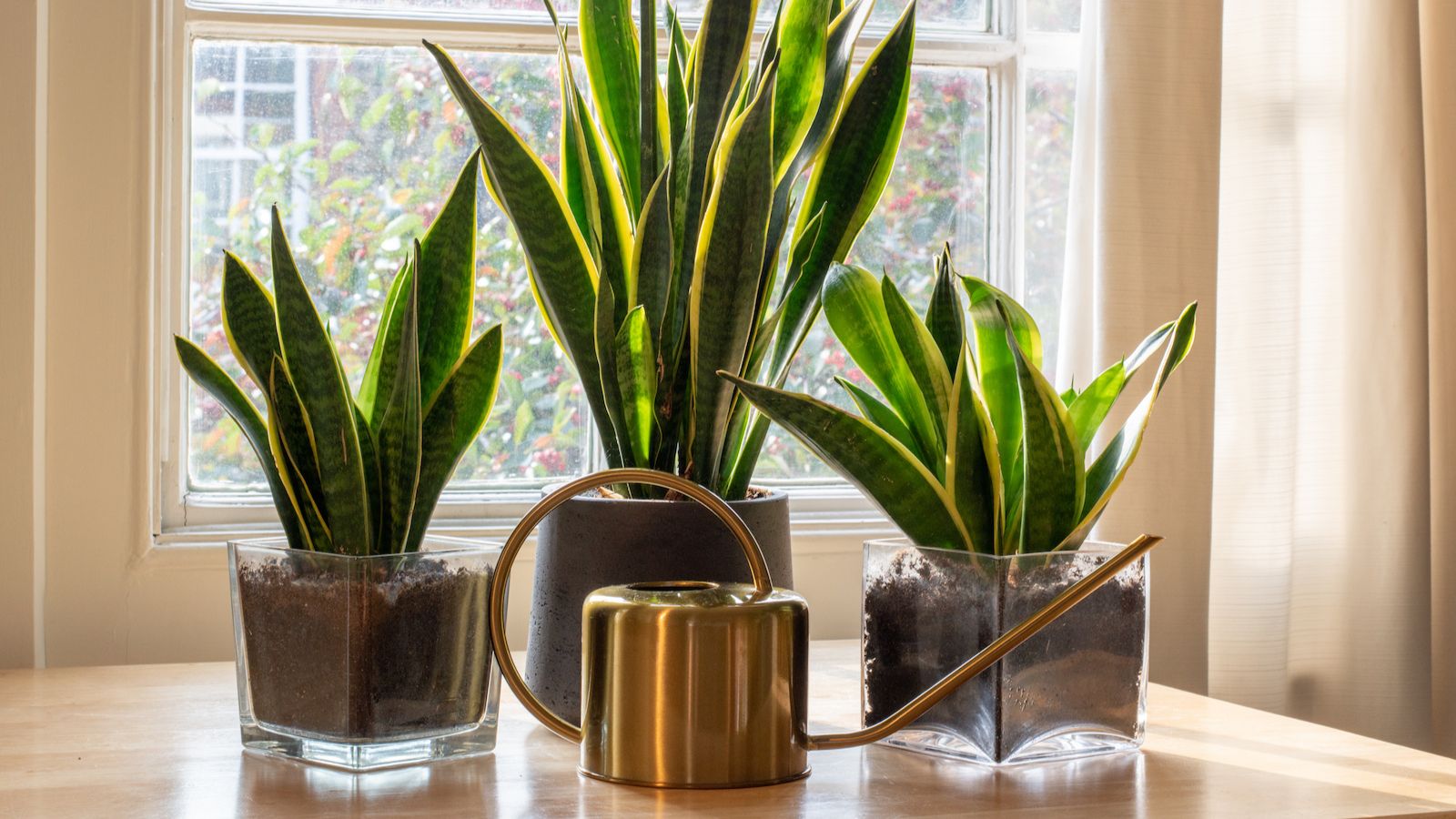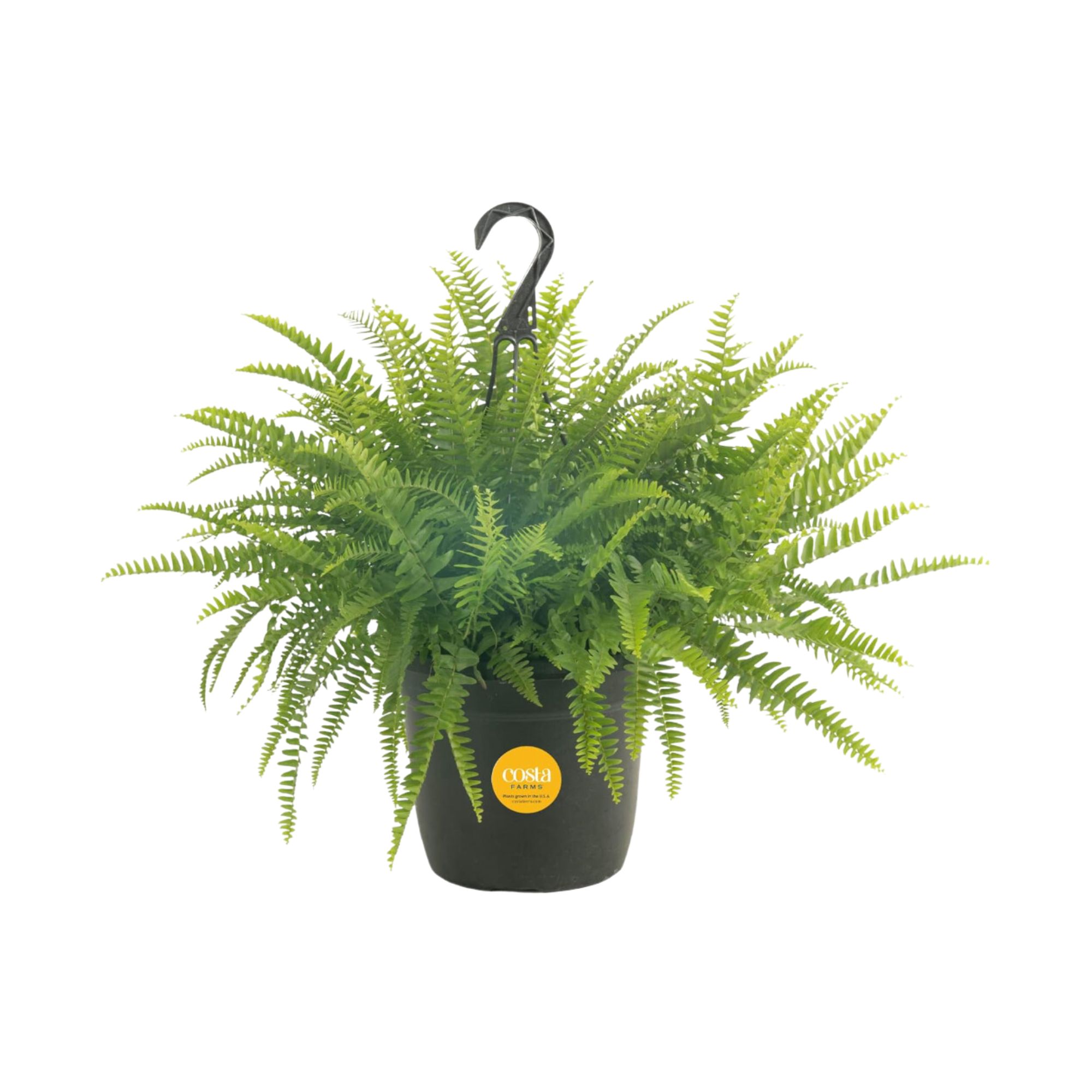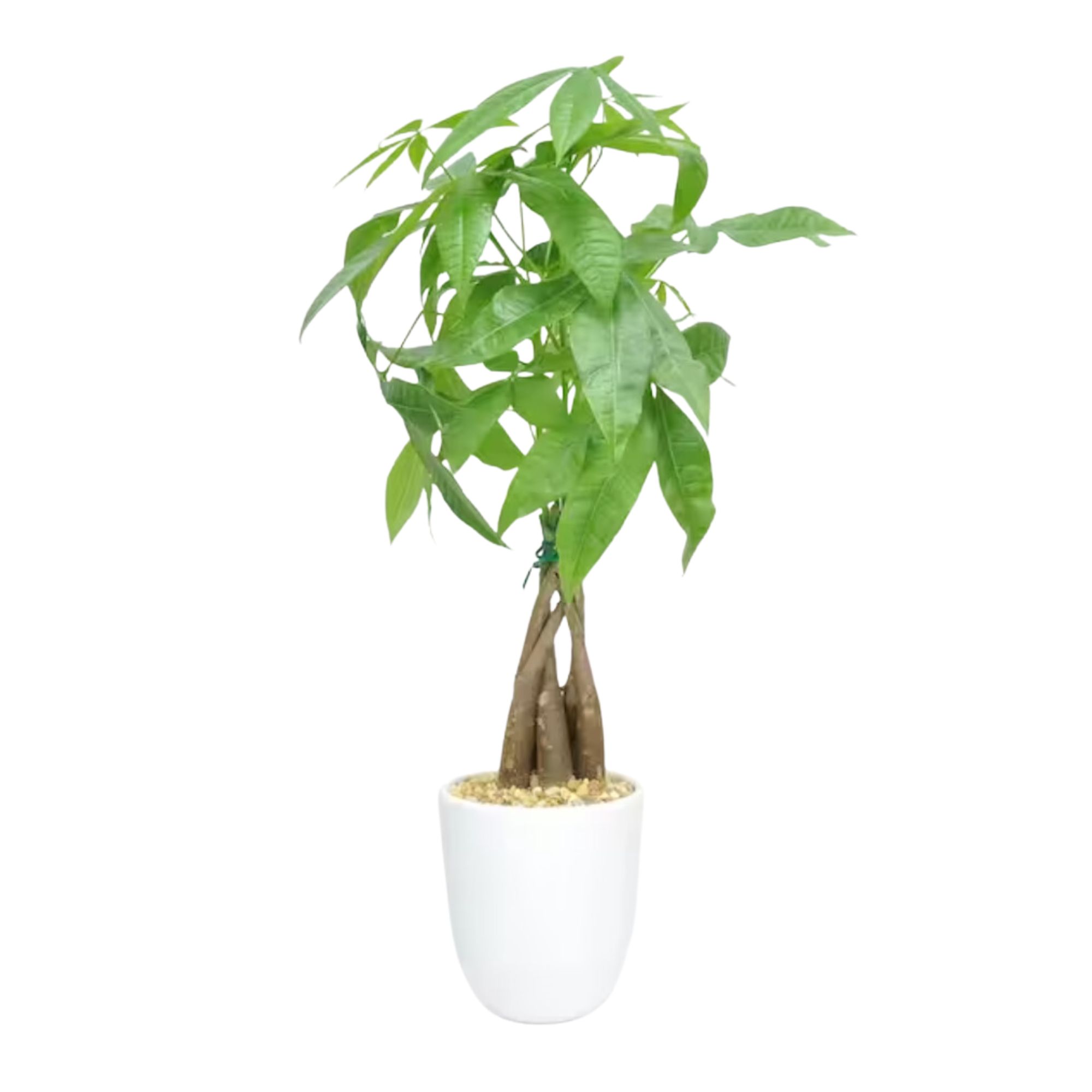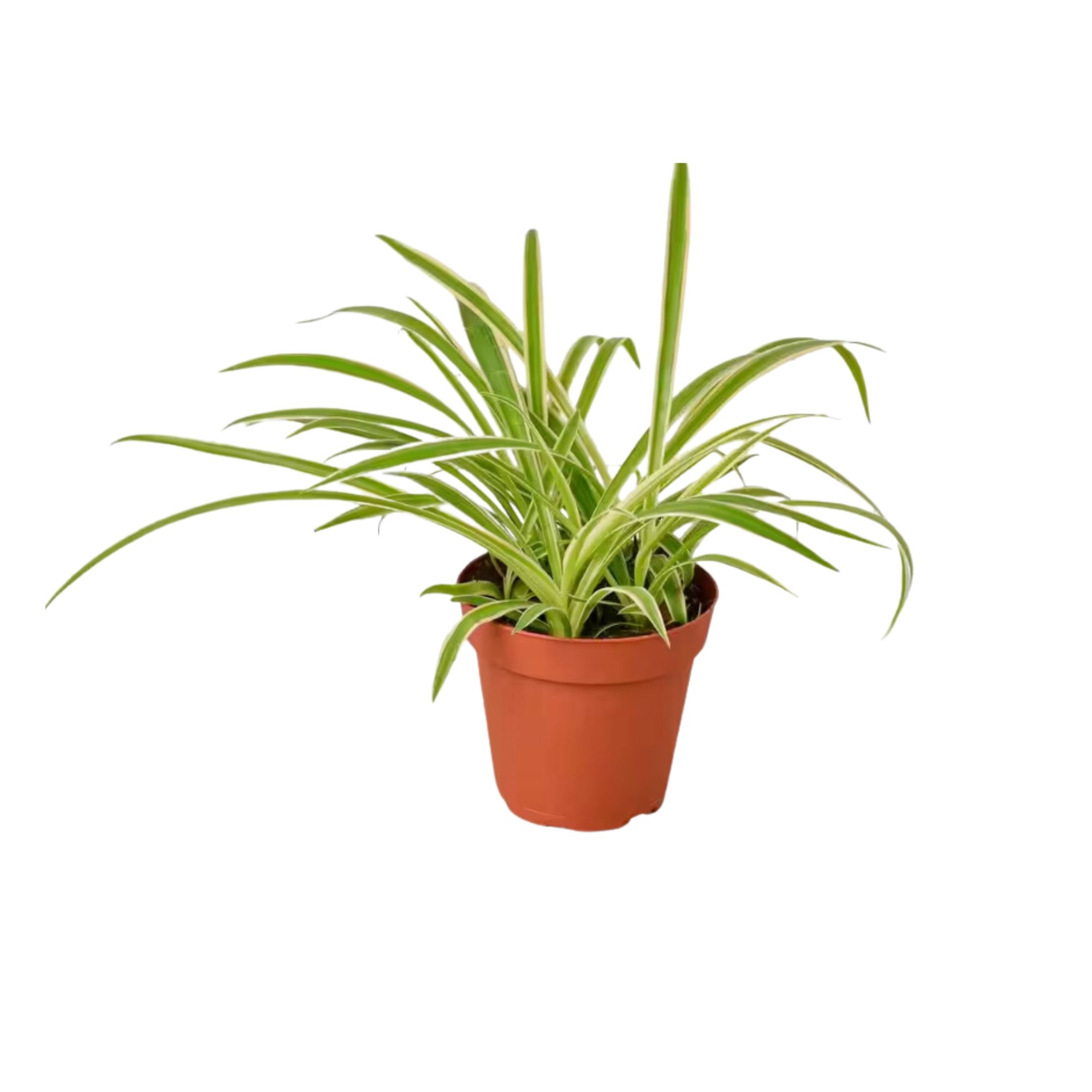
If you're a pet parent and asking yourself, "Are snake plants toxic to pets?" we can relate. Simultaneously caring for multiple living things under one roof can present its challenges, and remaining attentive to potentially toxic shrubs is vital.
We've spoken to gardening experts about snake plants, to get the safety low-down you'll need to keep your furry friends safe.
It's one of the best indoor plants for its ease of care, but figure out if Fido will be OK around them with the sage advice of our plant education pros.
Are snake plants toxic to pets?
In short, yes, it's known snake plants are toxic to pets because they contain saponins, which can cause mild-moderate gastrointestinal symptoms in cats, dogs, other animals like rabbits and hamsters (and even humans) if ingested, triggering vomiting and diarrhea.
"They are safe to touch or sniff, but you'll want to stop your pet from eating them," says Paris Lalicata, a community associate and plant education director at The Sill.
While caring for a snake plant might seem easy since it's so low-maintenance, throwing a nosy animal into the mix might complicate things. However, that doesn't mean you have to pick one or the other.
What to do
While you don't have to nix an indoor garden with snake plants if you have a pup or cat in tow, you do have to be mindful about placement.
"Normally, if you're unsure how kids or pets will act around plants, it's ideal to keep them out of reach," Paris says. "It's also recommended to at least try introducing the plants to them to gauge their reaction."
From high vertical spaces, be it shelves or dressers, to rooms that are off-limits to furry friends, Gene Caballero, co-founder of GreenPal, suggests using these locales for your greenery. Even still, keep an eye out.
"Be vigilant about fallen leaves or debris from the plant, as these can still be harmful if ingested by pets," he says.
And whenever you decide to stock up your collection, Jen McDonald, plant expert and founder of Garden Girls, wants you to consider the worst-case scenario.
"It’s best to assume all houseplants are toxic to pets and situate them accordingly," she says. "Snake plants should be kept at a tabletop or counter height to avoid accidental ingestion."
What to shop instead
Although snake plants are gorgeous and easy to care for, you might want to instead opt for a pet-friendly houseplant for peace of mind. It might take a little more watering or repotting, but you can rest easy knowing your furry friend is safe.

Price: Was $22.99, now $20.69
Dimensions (ft): 1-2' tall
Though it requires frequent watering and moist soil, a Boston fern is a lovely alternative for a snake plant, and most importantly, non-toxic. Extra humidity is recommended during the wintertime if you're keeping your plant indoors, and you'll want to have it in indirect sunlight.

Price: $29.97
Dimensions (in.): H12 x W6
We cannot confirm or deny whether the money tree is truly lucky or not, but it is non-toxic to animals, which is a relief if you have four-legged buddies at home. The greenery is fairly easy to maintain and requires water when the roots get dry. Make sure the planter you choose has a drainage option so that you can tell whether or not it's time to give your plant baby some H20. Keep it in indirect sunlight and an area that has a medium amount of humidity.

Price: $19.99
Dimensions (in.): 4
A spider plant is another equally lovable snake plant alternative and is not harmful to pets. The style of the leaves perfectly lends them to hanging baskets and gorgeous macrame holders. If you're snagging one for yourself, make sure to keep it in a bright room and take note of the soil, which should not be overly wet. Try to avoid direct sunlight, as this plant's leaves are prone to browning.
Curious what leafy greens are trending right now? 1-800-Flowers has revealed the Plant of the Year and the Flower of the Year for 2024, and you're going to swoon over the selections.







